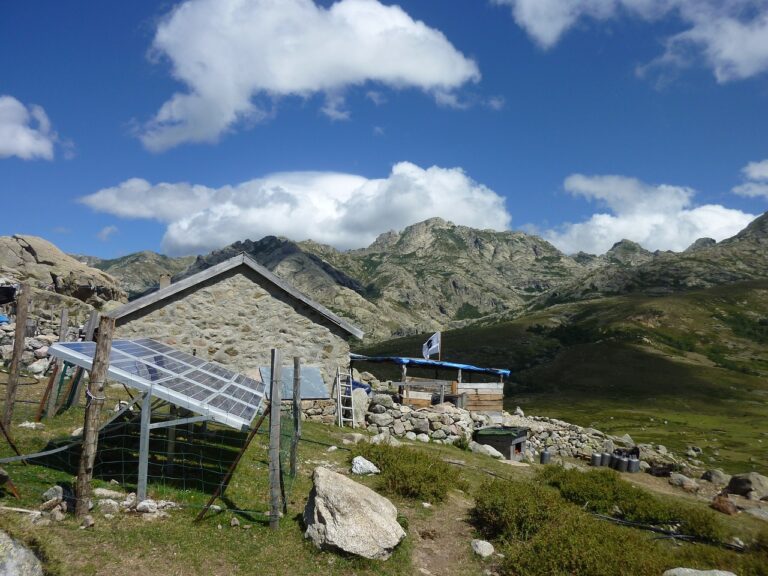DIY Solar Water Heaters: Generating Hot Water with Renewable Energy
Solar water heaters utilize the abundant energy from the sun to heat water for various household purposes. The basic principle behind their functionality involves capturing sunlight using solar collectors that are typically installed on rooftops or other sunny locations. These collectors absorb the solar energy and convert it into heat, which is then transferred to the water passing through the system.
Once the water is heated to the desired temperature, it is stored in an insulated tank until it is needed. This stored hot water can then be used for activities such as showering, washing dishes, or laundry. By harnessing solar power to heat water, these systems offer a sustainable and eco-friendly alternative to traditional water-heating methods, reducing both energy bills and carbon footprint.
Solar water heaters capture sunlight using solar collectors
Solar energy is converted into heat and transferred to water passing through the system
Heated water is stored in an insulated tank until needed
Stored hot water can be used for various household purposes like showering, dishwashing, and laundry
Solar water heaters offer a sustainable and eco-friendly alternative to traditional heating methods
Benefits of Using Solar Water Heaters
Solar water heaters are an eco-friendly option for heating water in residential and commercial settings. By harnessing the power of the sun, these systems reduce the reliance on traditional energy sources, decreasing carbon emissions and helping to protect the environment.
Furthermore, using solar water heaters can lead to significant cost savings in the long run. While the initial investment may be higher compared to conventional water heating systems, the reduced energy bills over time make solar water heaters a cost-effective choice for those looking to cut down on utility expenses.
Types of Solar Water Heater Systems
When considering solar water heater systems, it’s important to be aware of the different types available. One common system is the active direct circulation system. In this setup, water circulates through flat-plate collectors and is pumped directly into the home. This type of system is most effective in regions with mild climates where freezing temperatures are not a concern.
On the other hand, there’s the active indirect circulation system, which uses a heat transfer fluid, such as antifreeze, to absorb heat from the solar collectors. This heated fluid then transfers the heat to the water in a storage tank through a heat exchanger. This system is more suitable for colder climates as the heat transfer fluid prevents freezing in the collectors.
How do solar water heaters work?
Solar water heaters use sunlight to heat water through solar panels or collectors. These collectors absorb the sunlight and convert it into heat, which is then transferred to the water in a storage tank.
What are the benefits of using solar water heaters?
Some benefits of using solar water heaters include cost savings on energy bills, reduced carbon footprint, and a reliable source of hot water even during power outages.
What are the different types of solar water heater systems?
There are two main types of solar water heater systems: active systems, which use pumps to circulate water through the collectors, and passive systems, which rely on natural convection to circulate water.
Are solar water heaters suitable for all climates?
Solar water heaters are generally more efficient in sunny climates, but they can still be effective in colder or cloudier regions. It is important to consider factors such as the tilt and orientation of the collectors to optimize performance in different climates.
How long do solar water heaters last?
With proper maintenance, solar water heaters can last up to 20 years or more. Regular inspections and servicing can help extend the lifespan of the system.







